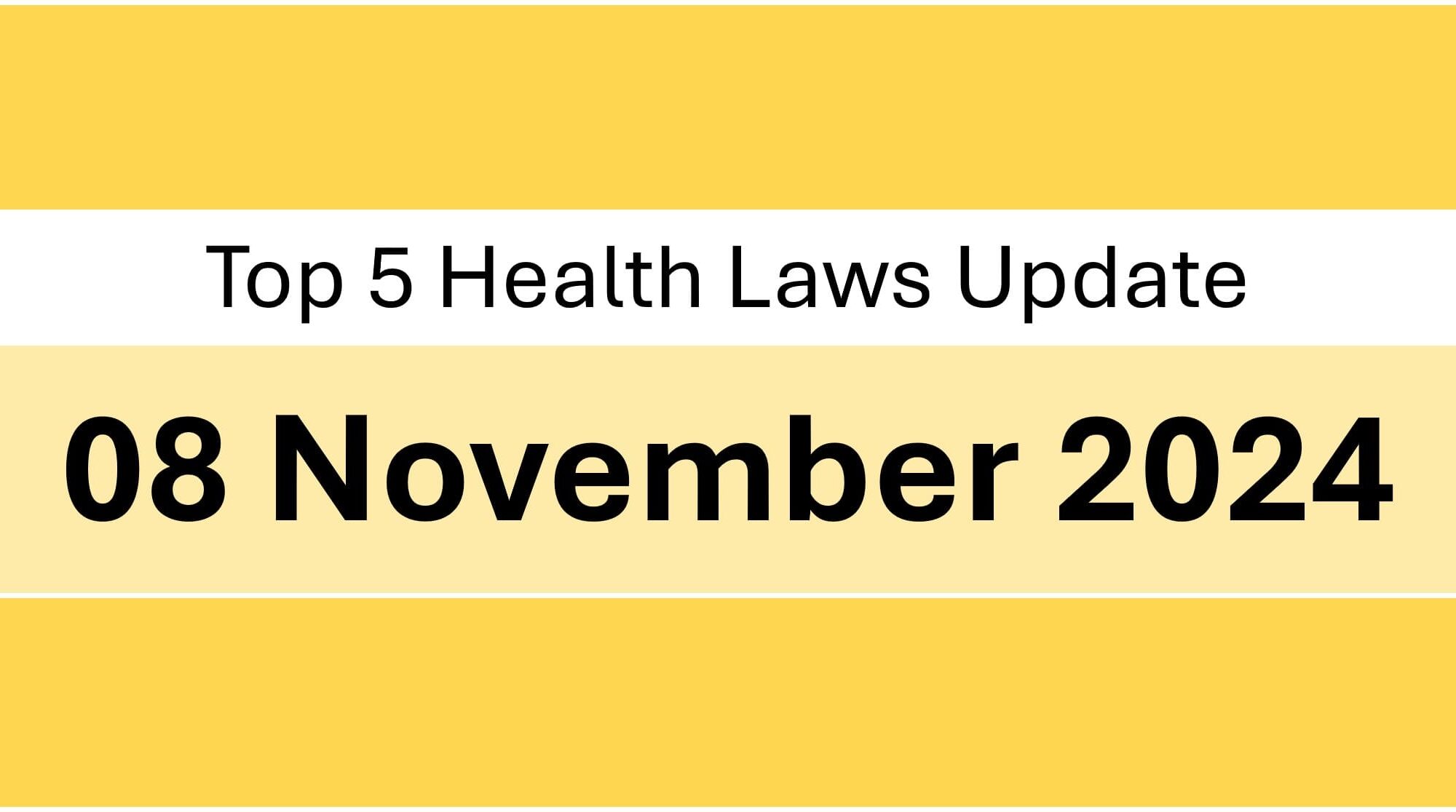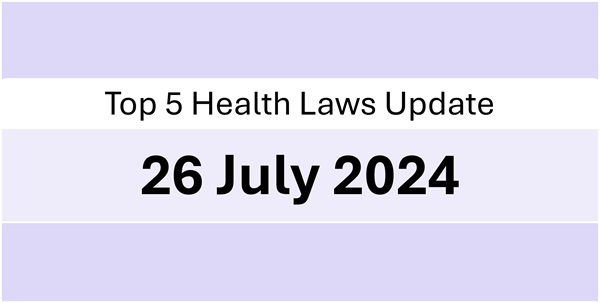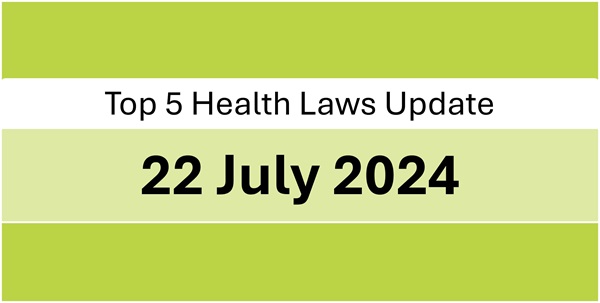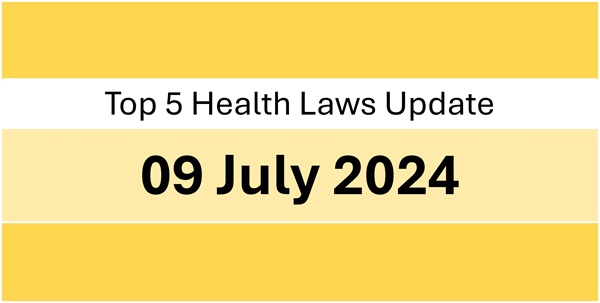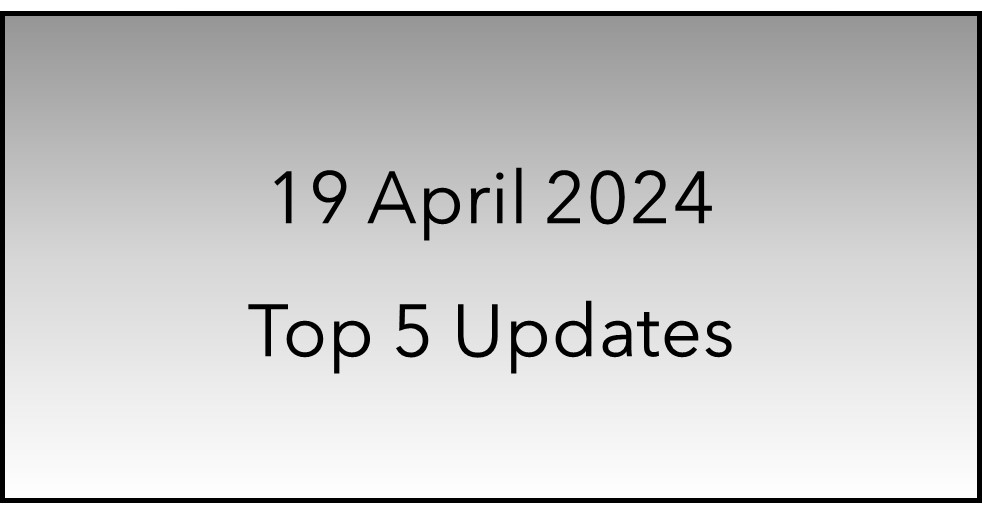Dear Readers, we are happy to share the most interesting legal and policy updates concerning health industry that we read today. We hope you enjoy reading it.
1. The National Pharmaceutical Pricing Authority (NPPA) has directed drug manufacturers to reduce the maximum retail price (MRP) of three crucial cancer drugs i.e., Trastuzumab Deruxtecan, Osimertinib, and Durvalumab. This is in line with reduction of customs duty and GST rates on these medications.
Source: bit.ly/4fBQ3Dd
2. Delhi High Court has granted a permanent injunction against a pharma company which had imitated the design and presentation of a drug manufactured by another pharma company. This ruling highlights the requirement for pharma companies to ensure a distinctive packaging to avoid copyright Infringement claims.
Source: bit.ly/40AprhH
3. The All India Organization of Chemists and Druggists (AIOCD) has urged the Drug Controller General of India (DCGI) to restrict a partnership between a rapid delivery platform and an e-pharmacy, citing concerns over regulatory and quality compliance issues that could potentially jeopardize patient safety.
Source: bit.ly/4fDJEqS
4. The Himachal Pradesh High Court has directed the state government to implement a QR code system to assess the quality of medicines in the state. This QR code will provide consumers with key information about the medicine, including production and expiry dates, unit details, batch numbers, and component specifics in order to enhance consumer awareness and transparency in medicine quality.
Source: bit.ly/3YE20Bw
5. UK government is set to launch ‘World-First’ Genomics-Led pandemic warning system. The system will utilize the technology to flag and monitor potential outbreaks of bacterial or viral diseases.
Source: bit.ly/4fBdyw6

